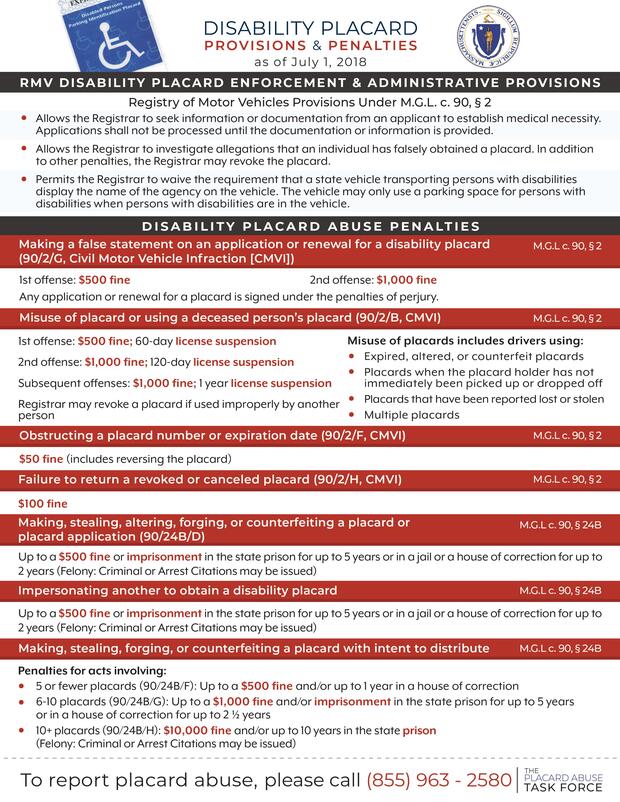Overview
The Massachusetts Department of Transportation (“MassDOT”) is responsible for managing the Commonwealth’s roadways, public transit systems, and Registry of Motor Vehicles (“RMV”). The Internal Special Audit Unit (“ISAU”) monitors the quality, efficiency and integrity of MassDOT’s operating and capital programs. As part of its statutory mandate, the ISAU seeks to prevent, detect and correct fraud, waste and abuse in the expenditure of public and private transportation funds. The unit is also responsible for examining and evaluating MassDOT’s operations, including its governance, risk-management practices and internal processes. This also includes the operations of the Massachusetts Bay Transportation Authority (“MBTA”). The MBTA is a part of MassDOT’s Rail and Transit Division and the ISAU has an additional legislative mandate to review certain MBTA procurements. (See Section 196 of Chapter 46 of the Acts of 2015). The ISAU’s enabling statute requires it to publish an annual report each March. Below are highlights from that report.
I. Audits, Investigations and Reviews
A. A Review of Design and Construction Costs for MassDOT’s Veterans Memorial Bridge
In 2018, the ISAU reported on its review of change orders and contract overruns for the design and final phase of construction of the Veterans Memorial Bridge, which crosses the Taunton River in Bristol County. The ISAU identified opportunities for MassDOT to strengthen contract administration procedures for large-scale construction projects, with an increased focus on design errors and cost recoveries. The review also highlighted improvements needed for designer oversight and accountability, the importance of conducting public procurements, and the need to secure all appropriate approvals and permits prior to beginning construction.
Overall, the ISAU identified nearly $20 million in missed opportunities for cost savings. Further, during the review, MassDOT reinstituted its cost-recovery process for bridge designers and, to date, has successfully recovered $2.28 million from design firms.
As part of its commitment to better contract administration, MassDOT also created a construction management certificate program with Wentworth Institute of Technology. Successful candidates receive the newly-created Construction Management Certificate after completing seven courses over a three-month period. The program’s curriculum is customized for MassDOT and provides in-classroom activities, case studies practices and team exercises to increase or expand employees’ knowledge, skills and abilities in construction management.
B. Abuse of Disability Parking Placards: Recent Development
During its 2016 investigation into the abuse of disability parking placards (“placards”), the ISAU received a hotline tip that a Boston chiropractor had received several placards even though he did not meet the medical qualifications. (The RMV issues disability parking placards to persons with qualifying medical conditions. Placards allow persons with disabilities to park in designated handicapped spaces and at parking meters for free.) After an investigation, the Office referred the matter to the Massachusetts Board of Registration of Chiropractors (“Board”). The chiropractor subsequently relinquished his parking placard and, in May 2018, he entered into a consent agreement with the Board in which he admitted wrongdoing and acknowledged that his conduct violated the Board’s statutes and regulations. The agreement also included a two-year term of probation, a $2,500 civil administrative penalty and mandatory ethics training.
C. Statutory Mandate Concerning MBTA Procurements
Pursuant to legislation passed in 2015, the Office is required to review and analyze contracts for certain services that the MBTA outsources. After a contract for such a service has expired, the Office must evaluate whether the outsourcing resulted from a competitive process, saved the MBTA money and maintained the same level of quality of goods or services that the MBTA provided before the outsourcing. As of the date of this report, the MBTA has executed five contracts that fall within the purview of this statutory mandate. Because all contracts are ongoing, the Office is not yet obligated to complete its statutory review. Nonetheless, the ISAU continues to monitor the MBTA’s outsourcing activities.
II. Legislation
Following its 2016 report on placard abuse, the Office filed legislation to strengthen the Commonwealth’s placard laws. In 2017, the Legislature passed legislation modeled after the Office’s bill and the new placard law went into effect in July 2018. The new law increases fines, penalties and license suspensions for persons who misuse placards, as well as strengthens the RMV’s ability to obtain sufficient medical information from placard applicants.
III. Disability Placard Abuse Task Force
In 2018, the ISAU also continued to participate in the RMV’s Disability Placard Abuse Task Force, which is dedicated to addressing and resolving issues surrounding placard abuse, increasing enforcement of the current laws, and tightening administrative controls to prevent and detect abuse more easily. In 2018, the task force worked to educate cities, towns, police departments and the public about changes to the placard law, including creating and widely distributing an educational flyer outlining the new law. In October 2018, the Inspector General and members of the task force made a presentation to the Massachusetts Major City Chiefs of Police concerning the new law. The Inspector General and RMV staff discussed local law enforcement’s role in identifying the misuse of disability parking placards. Additionally, an officer from the Burlington Police Department detailed how local police departments can establish and fund disability parking enforcement units.
Additional Resources
IV. Hotlines
The ISAU maintains a hotline for members of the public to confidentially report suspected fraud, waste or abuse in the expenditure of MassDOT funds; the hotline is available on the Office’s, MassDOT’s and the MBTA’s websites. The ISAU also maintains employee hotline on MassDOT’s and the MBTA’s intranets. The ISAU evaluates each complaint received to determine whether it falls within its jurisdiction and whether it merits action. Some complaints lead to extensive investigations, some are referred to other agencies and others are closed if a preliminary inquiry fails to substantiate the allegations. During 2018, the ISAU received 226 complaints from private citizens and public employees.
The ISAU also monitors the RMV’s disability parking placard abuse hotline and receives reports of suspected placard abuse from the public. The RMV’s Medical Affairs Bureau processes this information for further investigation. In 2018, the ISAU received 72 reports of alleged placard abuse.
